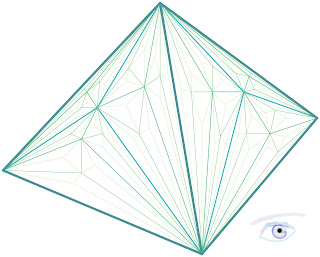I’m turning 40. Given the current life expectancy, statistically it’s about half of my life. A proper moment to reflect on what I’ve done, what I could have done, and what I would still like to do. The dominating emotion is gratitude: for all that I have experienced, it has been amazing. Grateful to my parents, family, teachers, mentors: my origins. Grateful to my wife, my friends, my colleagues: my companions. Grateful to my children and students: my legacy. So, it is a favorable moment to throw out some unsolicited advice. I’m not saying anything new, so perhaps it is just a reminder list to myself, of what I think is important in life (because I keep on forgetting): Don’t worry . We’re all gonna die sooner than later. Everything changes, so all that you cherish and and that you despise will vanish. It doesn’t mean that you shouldn’t strive, it means that worrying about doing or not doing is not useful for achieving. Just do it . It is OK to be mistaken . Well, if you

